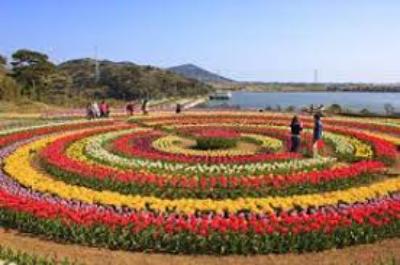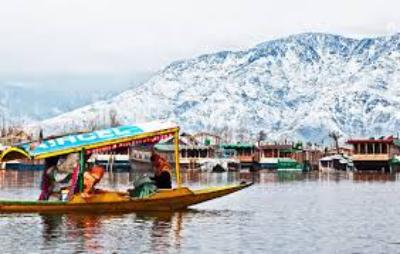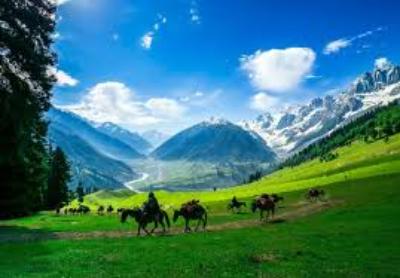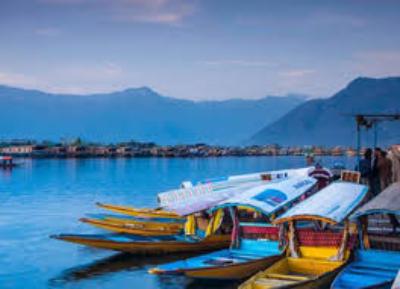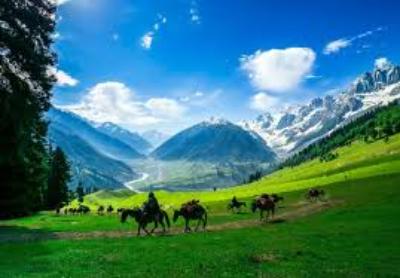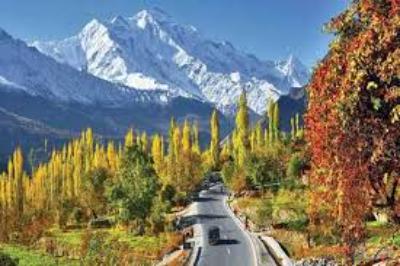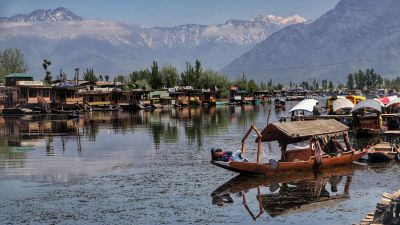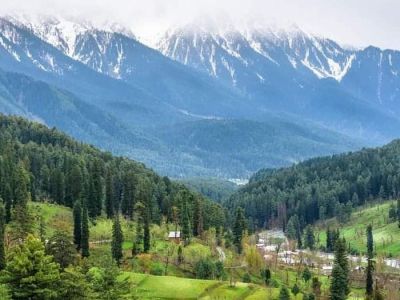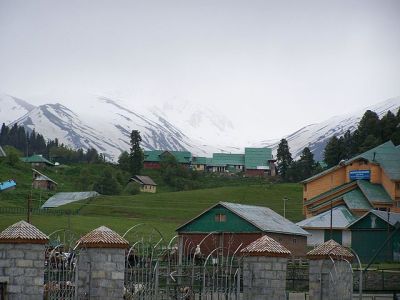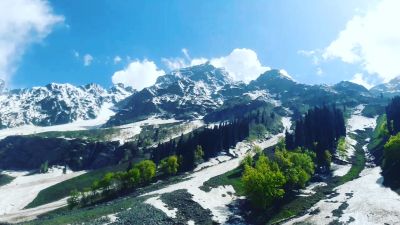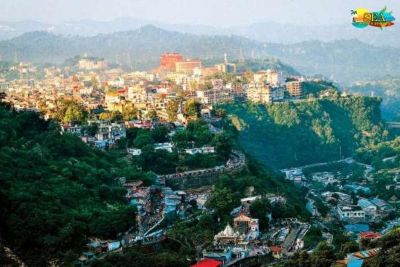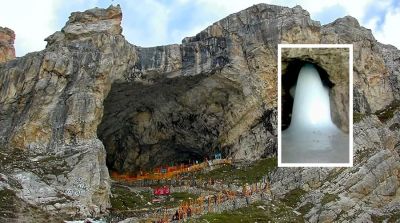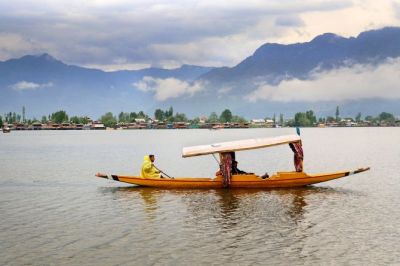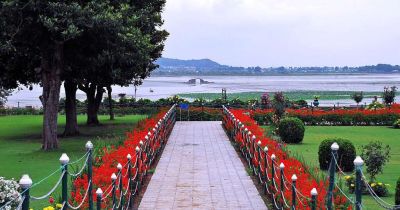Slow Food Movement: Farm to Plate Culture in Srinagar
The Slow Food movement is a global grassroots organization that promotes local, sustainable food and farming practices. It originated in Italy in the late 1980s as a response to the rise of fast food and the loss of traditional food culture. Today, the movement has spread to various parts of the world, including Srinagar, the summer capital of Jammu and Kashmir.
The Slow Food Movement in Srinagar
Srinagar, nestled in the picturesque Kashmir Valley, is not only known for its breathtaking landscapes but also for its rich culinary traditions. The Slow Food movement has found a receptive audience in Srinagar, where the focus has always been on organic farming and traditional cooking methods.
In Srinagar, the farm-to-plate culture is deeply ingrained in the local food system. The region's fertile soil and favorable climate make it ideal for growing a wide variety of fruits, vegetables, and grains. Farmers in and around Srinagar take pride in cultivating their produce using sustainable, organic methods.
The Slow Food movement has played a crucial role in preserving and promoting these traditional farming practices. It has helped create awareness about the importance of supporting local farmers and consuming locally grown, seasonal produce. The movement has also encouraged the use of traditional cooking techniques and recipes, which have been passed down through generations.
The Benefits of the Slow Food Movement
By embracing the Slow Food movement, Srinagar has experienced several benefits that go beyond the culinary realm. Here are some of the key advantages:
1. Environmental Sustainability
Traditional farming methods and organic practices are kinder to the environment. They reduce the use of pesticides and synthetic fertilizers, which not only harm the soil and water but also pose a risk to human health. By supporting local farmers who adopt sustainable farming practices, the Slow Food movement in Srinagar contributes to the preservation of the region's natural resources.
2. Preserving Traditional Knowledge
One of the main goals of the Slow Food movement is to preserve traditional knowledge and cultural heritage. In Srinagar, the movement has prompted a resurgence of interest in traditional Kashmiri recipes and cooking techniques. By incorporating these traditional elements into their dishes, chefs and home cooks in Srinagar are preserving the region's culinary traditions while also adding a unique flavor to the local food scene.
3. Supporting Local Economy
By focusing on local food production and consumption, the Slow Food movement in Srinagar helps support the local economy. Buying directly from farmers and small-scale producers ensures that they receive a fair price for their products. This, in turn, helps strengthen the local agricultural sector and encourages more people to take up farming as a viable livelihood option.
4. Health and Well-being
Slow Food emphasizes the importance of consuming fresh, natural foods that are free from harmful additives. By promoting the consumption of local, seasonal produce, the Slow Food movement in Srinagar encourages a healthier and more balanced diet. This, in turn, has a positive impact on the overall health and well-being of the local community.
Experiencing the Slow Food Movement in Srinagar
If you're visiting Srinagar, there are several ways to immerse yourself in the Slow Food movement and experience the farm-to-plate culture:
- Visit local farmers' markets: Explore the vibrant farmers' markets in and around Srinagar, where you can buy fresh, organic produce directly from the farmers.
- Try traditional Kashmiri cuisine: Sample the rich flavors of Kashmiri cuisine at local restaurants and eateries, where chefs are passionate about preserving traditional recipes and cooking techniques.
- Participate in cooking workshops: Join a cooking workshop or class where you can learn how to prepare authentic Kashmiri dishes using traditional methods and ingredients.
- Stay at eco-friendly accommodations: Choose eco-friendly accommodations in Srinagar that source their ingredients from local farms and prioritize sustainable practices.
Conclusion
The Slow Food movement has made a significant impact on the culinary scene in Srinagar, promoting sustainable, local food systems and preserving traditional knowledge. By supporting local farmers and embracing organic farming practices, Srinagar's farm-to-plate culture has thrived, benefiting the environment, local economy, and overall well-being of the community. So, the next time you visit Srinagar, make sure to savor the flavors of the Slow Food movement and support the local food producers.
Don't forget to share this blog post with your friends and family to spread the word about the Slow Food movement in Srinagar!
Disclaimer : The information provided in this blog is for general informational purposes only. While we strive to keep the content accurate and updated, TravelSetu assumes no liability for errors or omissions. If you believe any part of this blog infringes your rights or causes concern, please notify us immediately at info[at]travelsetu[dot]com so that appropriate action can be taken.
